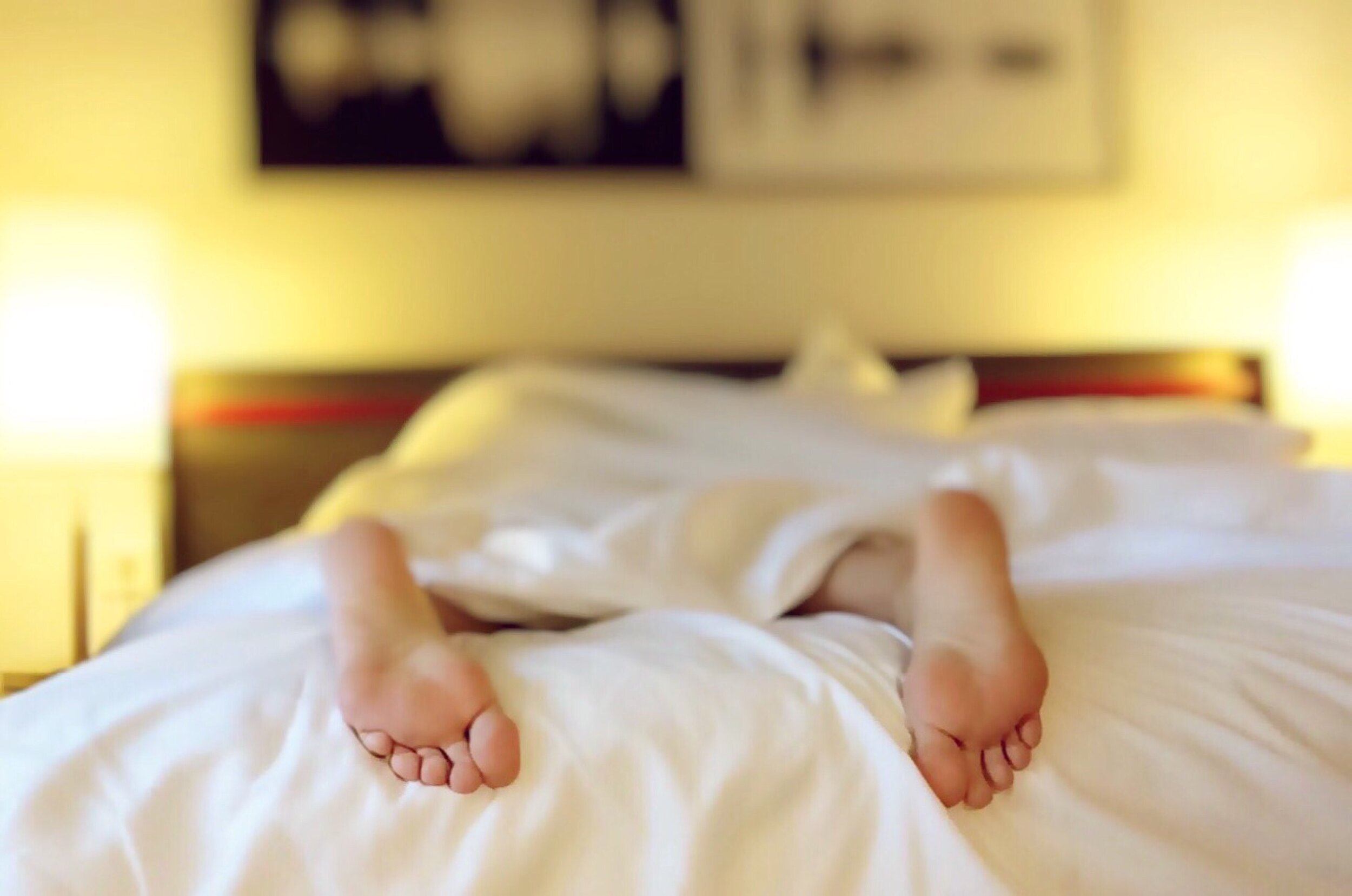Recovery tools, including supplements, drinks, foods, and clothing, are a billion dollar industry but one the most effective and cheapest options remains adequate sleep. High level athletes make sleep a priority scheduling time for a full night’s sleep and daily naps to help recover from their daily training sessions. The CDC recommends American adults should aim to sleep 7 hours each night for optimal health, but report many adults fail to reach this amount. As we look to add more family, recreation, and work activities into our lives sleep is often the first option to be cut. This comes at a cost due to the enormous mental, emotional and physical health benefits during sleep. A recent study highlights the impact of inadequate sleep on our exercise and training.
Rae and colleagues in the European Journal of Applied Physiology examined the impact of sleep quantity on subsequent performance in trained cyclists (2017). Authors used a randomized, cross over design to compare 7-8 hours of sleep to a deprived sleep of 4 hours. Each cyclist performed a high intensity interval training (HIIT) followed by a night in either the full or deprived sleep conditions. As expected, sleep deprived athletes reported less energy, less motivation, and worse physiologic markers of recovery compared to when they received a full night’s rest. Although a short term study this sheds light onto the importance of sleep for recovery from daily exercise training. Readers are encouraged to reach the 7 hour duration of sleep recommended by the CDC for optimal health and wellness.
Click Here to schedule your next appointment with the experts at MEND

